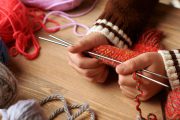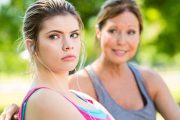Schools Being Urged To Stop Using Gendered Terms in a Bid to Address the Raising Suicide Rate of Young LGBTQIA+ People in Australia
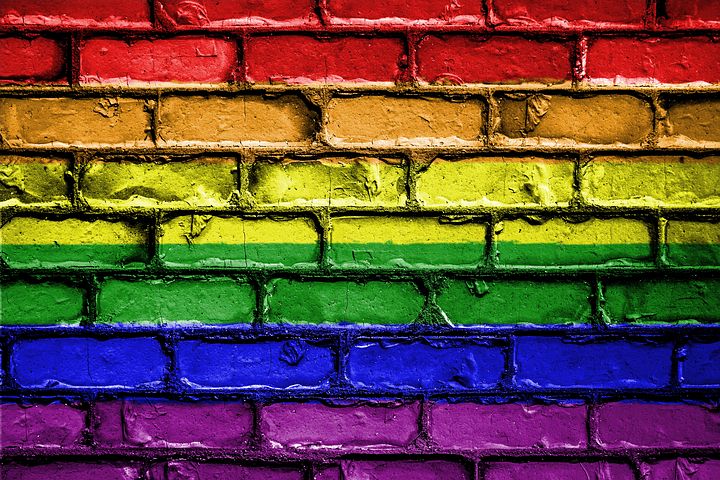
Schools Being Urged To Stop Using Gendered Terms in a Bid to Address the Raising Suicide Rate of Young LGBTQIA+ People in Australia
A controversial new campaign is asking schools, workplaces and sporting groups to stop using gendered terms in a bid to help stop the raising suicide rates of young LGBTQIA+ people in Australia.
The North Western Melbourne Primary Health Network launched the #SpeakingUpSpeaksVolumes campaign to support those who are LGBTQI+ by eliminating behaviour that excludes, discriminates or isolates them.
This includes installing unisex bathrooms and creating non-gendered sporting teams as well as the use of inclusive language to prevent assumptions from being made about a person’s sex, sexuality or gender identity. For example it suggests avoiding “gendered terms” such as husband or girlfriend – and using partner instead. As well as using guardians instead of mum and dad.
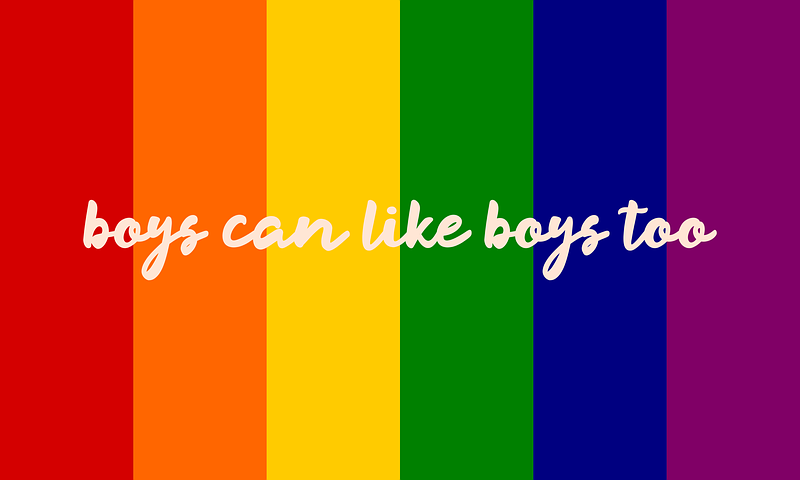
Individuals are also encouraged to take note of the pronouns people use for themselves and politely ask when unsure.
“With inclusive language, people are not left feeling unseen, isolated or disrespected,” PHN said. “And if you make a mistake, apologise and then continue the conversation. Being inclusive is not about getting it right all the time, as long as we’re trying.”
The campaign found LGBTIQA+ people aged 16-27 are more likely to attempt suicide than the general population. Transgender people aged 18 and over are nearly 11 times more likely. LGBTIQA+ people are also more likely to experience a mental health disorder.
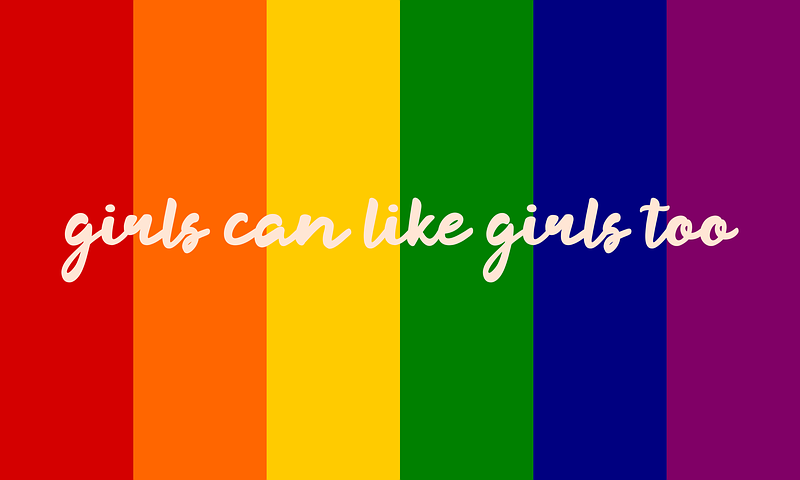
Head of Elevation Secondary College in Craigieburn, Colin Burke, told The Herald Sun homophobia was “really detrimental to our student culture” and the school was already doing a lot to be more inclusive. Things like installing gender non-specific bathrooms and taking down signage mentioning boys and girls have already been done.
Mr Burke also said that “while gender-specific terms weren’t banned, proactive programs were promoting the use of more inclusive language.”
“It’s also about calling out mistreatment and making it clear it’s not okay,” he added.
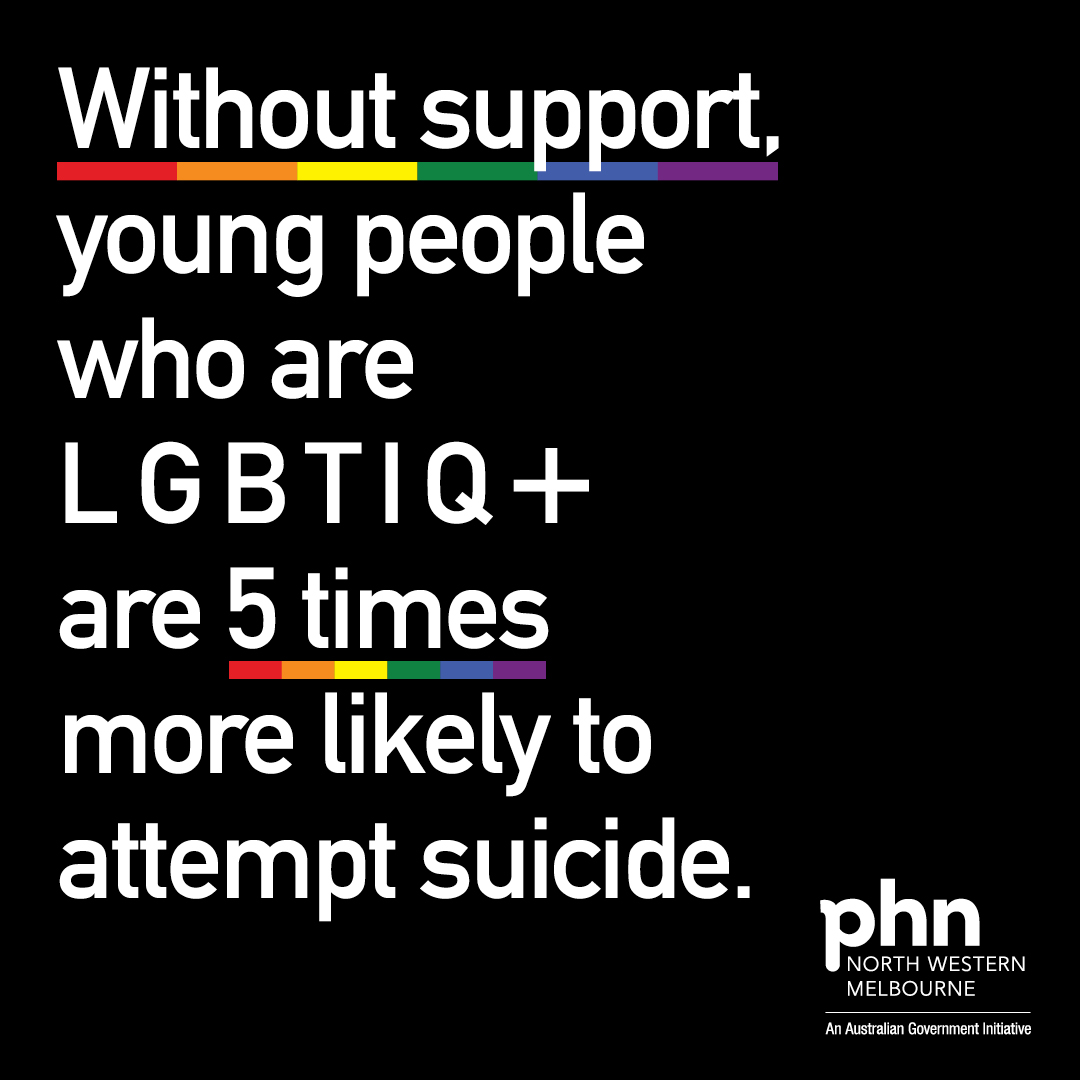
The hard to hear facts
The effects of stigma and discrimination are often underestimated. The hard to hear facts from LGBTIQ+ Health Australia include knowing that young LGBTIQ+ people are 5 times more likely to attempt suicide than the general population. Transgender people aged 18 and over are nearly 11 times more likely to.
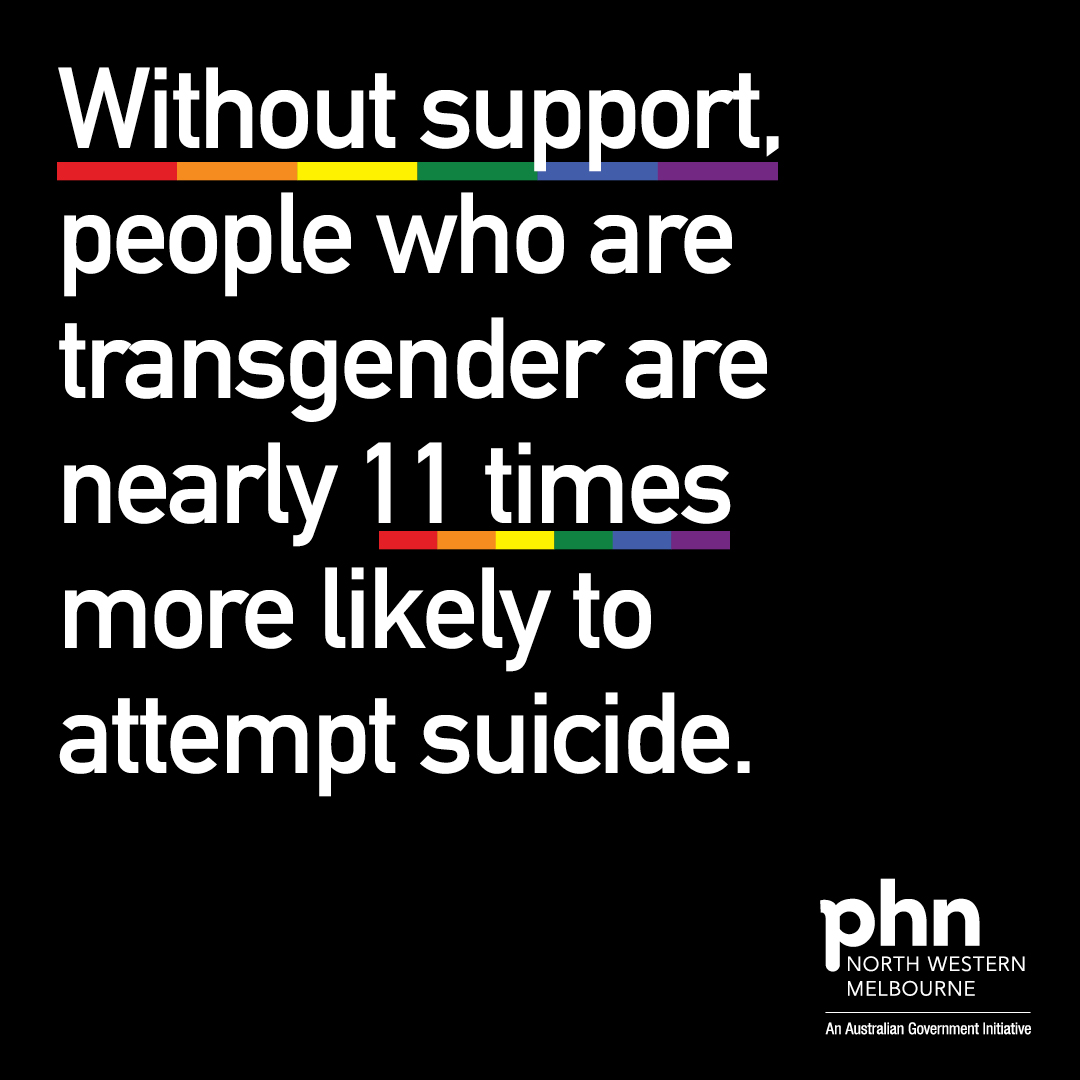
Many LGBTIQ+ people feel society has become more inclusive, but there are still areas of life where they feel unequal, isolated or unsafe as this data from Private Lives 3 (2020) shows:
- more than 30% of LGBTIQ+ people were verbally abused about their sexual orientation or gender identity in the previous 12 months
- 25% were harassed for the same reasons
- 10% were sexually assaulted.
These 2020 findings were largely unchanged from the same survey in 2011.
Many LGBTIQ+ people feel uncomfortable, as the findings in A Closer Look at Private Lives 2 show:
- 44% hid their sexuality or gender in public
- 33% hid sexuality or gender when accessing services
- 38% hid sexuality or gender at work.
Urgent support
The following services are available 24/7:
- Suicide Call Back Service: 1300 659 467
- Lifeline: 13 11 14
- Beyond Blue: 1300 22 4636
- MensLine: 1300 789 978
- 1800 Respect: 1800 737 732
To read real life stories, learn how to speak up and become an ally or to learn more about discriminations LQBTQI+ people commonly face head to the speakingupspeaksvolumes.org.au website.
Images: Pixabay and #Speakingupspeaksvolumes


